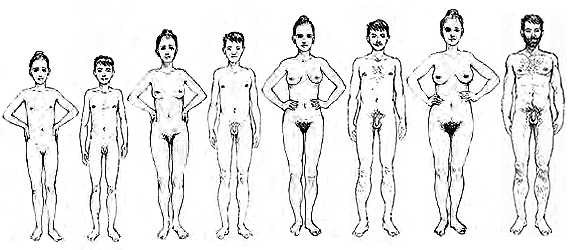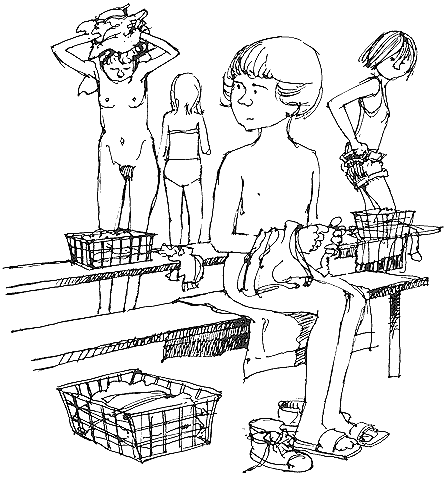 |
|
As a boy and a girl get older, they grow taller, and their bodies change shapes.. |
|
|
 |
|
As a boy and a girl get older, they grow taller, and their bodies change shapes.. |
|
|
|
|
|
If growing up were simply a matter of getting
bigger, adults would look like giant babies, but really |
|
|
 |
|
If you get the erection among nude girls, just
be natural and don't pay attention. |